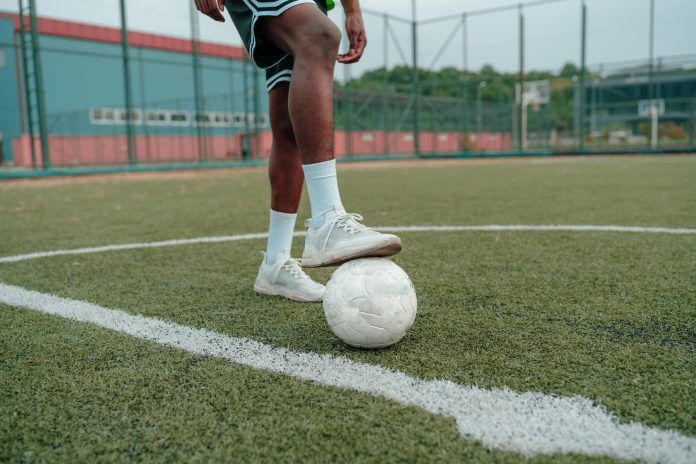The world of professional sports transfers is a complex and multifaceted domain, requiring the expertise of specialised lawyers to navigate the intricate legal landscape. This process, which involves the movement of athletes from one team to another, is governed by a myriad of legal considerations, including regulatory compliance, employment law, and contractual negotiations.
Evolution of Sports Transfers and Legal Practices
Over the years, the legal framework governing sports transfers has evolved significantly. Initially, transfers were relatively straightforward, with simple agreements between clubs and players.
However, as the sports industry has grown into a multi-billion-pound business, the complexity of these transfers has increased.
For example, the Bosman ruling in 1995 was a watershed moment in football transfers. This European Court of Justice decision allowed players in the EU to move freely to another club at the end of their contract without a transfer fee.
This ruling significantly altered the dynamics of football transfers, enhancing player mobility and increasing the importance of legal expertise in contract negotiations.
Another significant change has been the increasing involvement of lawyers in the transfer process. Traditionally, agents were the primary negotiators for players, handling both the financial and legal aspects of transfers.
In recent years, there has been a noticeable shift towards players employing lawyers directly for their legal needs, while agents focus on the commercial aspects of their careers. However, there may be a new player on the scene in terms of player transfer fees with Infantino’s new algorithm, which will apparently determine a player’s transfer fee and leave much less room for negotiation.
Specialised Lawyers in Sports Transfers
Sports Lawyers
- Specialisation: Expert in the regulations and rules set by various sports governing bodies such as FIFA for football and the RFU for rugby.
- Role: Ensure that all aspects of transfers are in compliance with these governing bodies’ regulations.
- Compliance: Address issues of regulatory compliance to avoid severe penalties, including transfer bans, financial fines, and other sanctions.
Employment Lawyers
- Focus: Specialise in national labour laws and how they apply to sports contracts.
- Role: Ensure that employment contracts between players and clubs are legally sound.
- Protection: Safeguard athletes’ rights concerning salary, duration of the contract, bonuses, working conditions, and termination clauses.
Contract Lawyers
- Expertise: Specialise in drafting and negotiating detailed contract terms.
- Negotiations: Handle the negotiation process to ensure fair and beneficial terms for their clients, whether they are athletes or clubs.
- Safeguards: Meticulously draft contract terms to protect the interests and rights of the parties involved, addressing all potential contingencies and legal requirements.
Players Moving Away from Agents
Kevin De Bruyne’s contract negotiation with Manchester City in 2021 is a prime example of this trend. De Bruyne, one of the world’s top footballers, chose to negotiate his contract extension without an agent, relying instead on a team of lawyers and data analysts.
This move was driven by a desire for greater control over his career and the ability to directly influence the terms of his contract. By using lawyers, De Bruyne ensured that every legal aspect was meticulously covered, while data analysts provided insights into his value and performance metrics.
This trend is not limited to football. When it comes to rugby transfers, for example, players are increasingly seeking legal advice to navigate the complex contractual landscape. This is particularly the case as more players than ever are moving abroad.
The role of sports lawyers in these transfers is becoming more prominent, ensuring that players’ rights are protected and that contracts comply with the stringent regulations of the sport.
Conclusion
The legal aspects of professional sports transfers are complex and require specialised legal expertise. Lawyers in this field handle regulatory compliance, employment law, and contract negotiations. The growing complexity of the sports industry has increased the need for legal professionals.
This shift gives athletes better control over their careers and ensures thorough legal oversight. As the sports industry evolves, the role of specialised lawyers in transfers will become even more crucial, ensuring fair and compliant processes for all parties.

